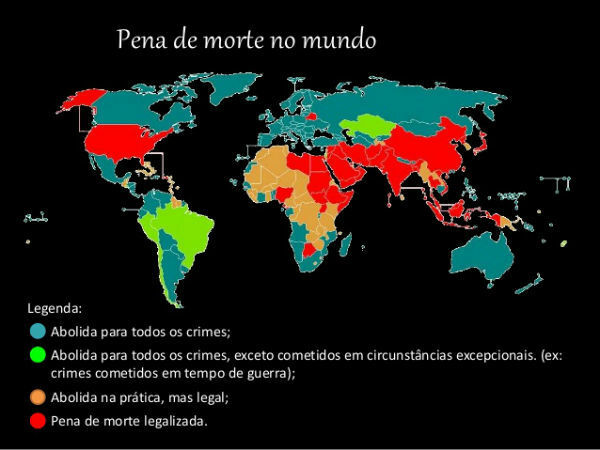O work it is the activity through which the human being produces his own existence. This statement is consistent with the definition given by Karl Marx as to what work would be. The idea is not that the human being exists because of work, but it is through it that he produces the means to stay alive. That said, the impact of work and its context exert a great influence on the construction of the subject. Thus, there are areas of knowledge dedicated only to studying the different ways in which work relationships are constituted and their consequences in the lives of each one of us.
It would not be difficult, then, to imagine that when labor relations change in the flow of our history, our social structures are also changed, mainly the way our relationships were structured, positions in the social hierarchy, forms of segregation and, in large part, cultural aspects built around the work relationships.
work throughout history
Take, for example, the rapid process of change that hit European countries at the beginning of the 18th century, which today we call the
First Industrial Revolution. Previously, work relationships were strongly agrarian, constituted within the family sphere. The parents' office was generally passed on to their children, which guaranteed the construction of a strong identity linked to the work the subject was dedicated to. The individual was connected to the land, from which he earned his and his family's livelihood. The economy was based on the exchange of services or concrete products, not on the fictitious value added to a currency. Likewise, work was also associated with the direct acquisition of consumer goods, and not with a variable value of a salary paid with an equally variable currency. The social structure was rigid, with little or no mobility for the subjects, that is, a peasant was born and died a peasant in the same way that a nobleman was born and died a nobleman.The changes brought about by the emergence of the industry profoundly altered the meaning established for work and for the subject's relationship with it. THE impersonality on assembly lines that the adoption of Fordism brought, in which thousands of people huddled in front of a repetitive activity on an assembly line, without often not even seeing the end result of their effort, it became the main feature of the work. industrial.
Do not stop now... There's more after the advertising ;)
The present and future work
The transformations in our work relationships did not stop with the Industrial Revolution, as even today the character of our activities is changing. However, the forces driving these changes are different. THE globalization it is one of the most significant phenomena in human history and, just as it has changed our most intimate social relationships, it has also changed our work relationships. The possibility of being interconnected at all times shortened distances and lengthened our working period. Formal paid work, which was once confined within the walls of factories and offices, now haunts us even at home and demands part of our free time, given the growing competitiveness inherent in the work.
The great flexibility and the demand for an increasingly specialized workforce make the worker dedicate more and more time of his life to professional improvement. This is one of the origins of the great social inequalities in contemporary society, since only those who have time and money to dedicate themselves to the expensive and demanding professional training process, they manage to climb the social hierarchy and economic.
The introduction of automation in the production of consumer goods has largely made human labor obsolete, increasing the size of the army of workers and decreasing the value of the labor force in countries with large populations but low Specialization. As a result, the work situation only gets worse, as worrying about the employee's well-being is something expensive and, in the conception that prioritizes monetary profit, it is not an investment that guarantees income immediate.
by Lucas Oliveira
Graduated in Sociology
Would you like to reference this text in a school or academic work? Look:
RODRIGUES, Lucas de Oliveira. "Work relations and society"; Brazil School. Available in: https://brasilescola.uol.com.br/sociologia/o-trabalho-futuro.htm. Accessed on June 27, 2021.

